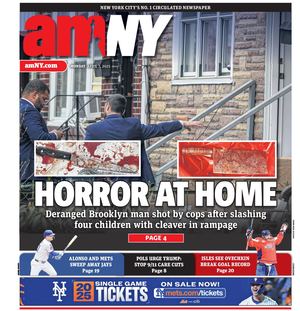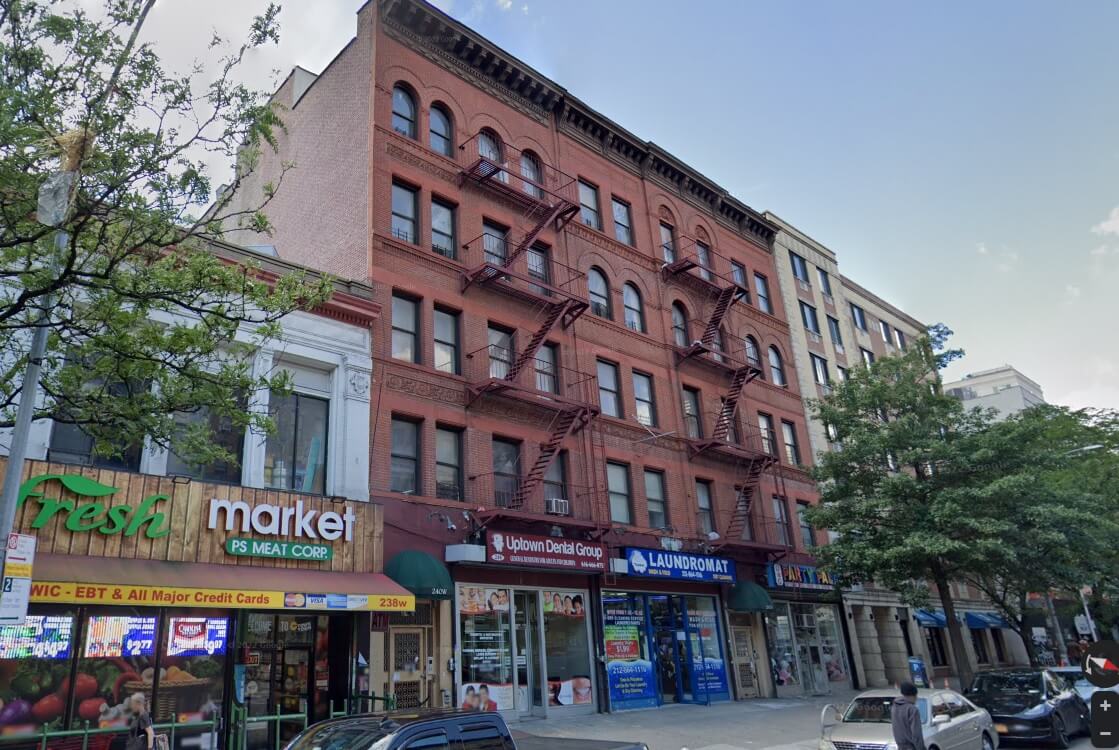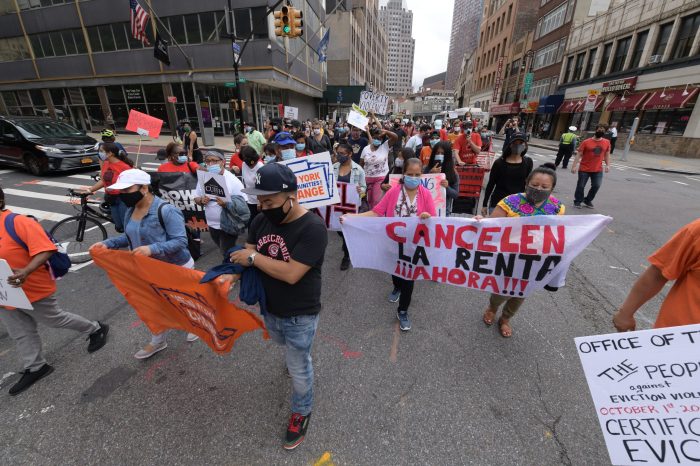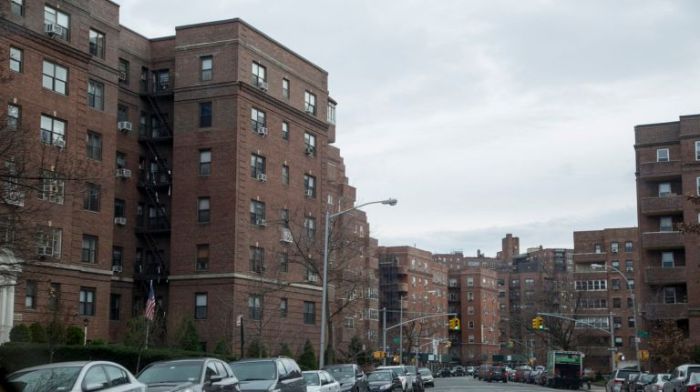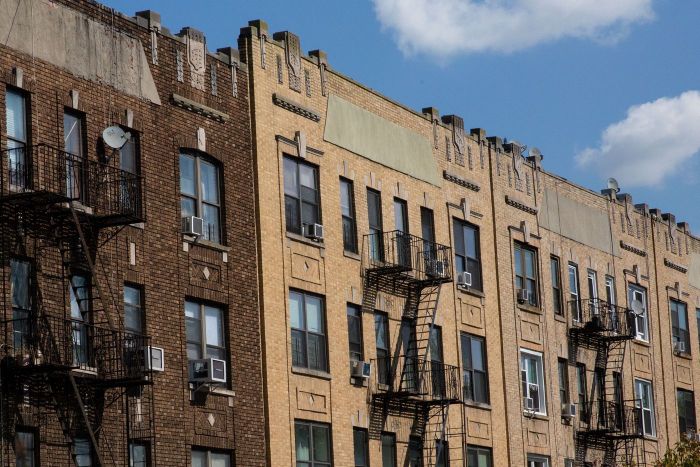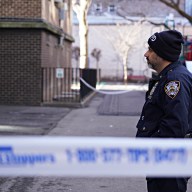The Legal Aid Society, on behalf of two Harlem tenants, took a pair of landlords to court over apartment alterations that they claim have jeopardized their rent-stabilized status.
Many New York City landlords who make alterations to their rent-stabilized apartments are circumventing the law by getting the approval of the Department of Buildings but failing to get the green light from state regulators, according to the lawsuit filed.
The non-profit Legal Aid Society sued the owners of 240 West 116th St. and 242 West 116th St., along with the city Department of Buildings (DOB) and the Department of Homes and Community Renewal (DHCR), accusing the landlords of making illegal apartment alternations without getting the approval of both the DOB and the DHCR — and the government agencies for allowing it to happen.
Lawyers fear that landlords are making unscrupulous alterations—such as reducing the number of bedrooms or the layout of an apartment —in an attempt to kick out existing tenants so they can bring in more revenue.
Many landlords are going straight to the DOB, without notifying DHCR, according to the lawsuit. All apartment alterations dealing with rent stabilized apartments must also be approved by DHCR.
The Legal Aid Society, which filed the initial suit in state supreme court in September that dealt with a landlord in Brooklyn, amended the suit last month to include tenants from the two buildings in Manhattan, who were temporarily displaced after a fire ravaged their rent-stabilized building on Nov. 3, 2021.
The landlord of these Harlem buildings, according to the suit, submitted plans to change the layouts of the units — seeking to reduce the number of bedrooms — directly to the DOB, violating the law by not seeking the approval of DHCR.
The tenants, while devastated by the fire, are likely to have to seek an apartment elsewhere.
“Not only did our clients lose their belongings due to the landlord’s refusal to properly safeguard the building, but they now face the loss of their long-term apartments as the landlord seeks to subdivide these units by exploiting a loophole in the New York City Department of Building’s procedures,” said Adan Soltren, a supervising attorney at the Harlem Community Law Office at The Legal Aid Society.
The lawsuit seeks to annul the DOB’s approval of the permits and to stop the landlord from submitting future alteration plans without DHCR approval.
The owner is listed as the West Harlem Community Organization, according to city records. The landlord could not be reached for comment.
The suit also seeks systemic changes to end the DOB’s policy of approving plans without the approval of DHCR. The suit is calling on the DOB to implement procedures that would prevent the approval of plans without the consent of DHCR.
“DOB can solve this now by communicating with the State on these permits, and we call for better coordination to prevent this practice of substantially altering rent-stabilized apartments without State approval, for financial gain by unscrupulous landlords,” Soltren added.
The initial suit dealt with similar circumstances in Brooklyn following a fire. When the rent-stabilized tenants were displaced, the landlords also sought to change the layouts without getting the approval of DHCR.
“Our clients and their families are facing permanent displacement from their homes and communities because these unscrupulous landlords are exploiting a loophole that could easily be corrected if DHCR and the DOB merely coordinated with one another,” said Nell Hirschmann-Levy, supervising attorney with the Housing Justice Unit-Group Advocacy at the Legal Aid Society.
The DOB, in a statement, did not want to comment on the pending lawsuit but did say that it does not have the authority to enforce such requirements. It puts the onus on property owners to follow the law.
“Our Codes do not give us the legal authority to unilaterally enforce the regulations of DHCR,” a spokesperson for the DOB said. “Property owners should be aware that obtaining DOB approvals for a construction project in New York City does not mean they can ignore the regulations of other government agencies.”
